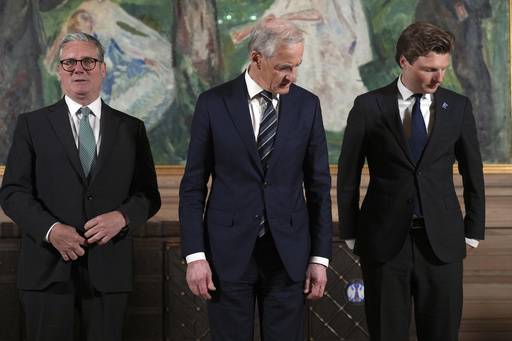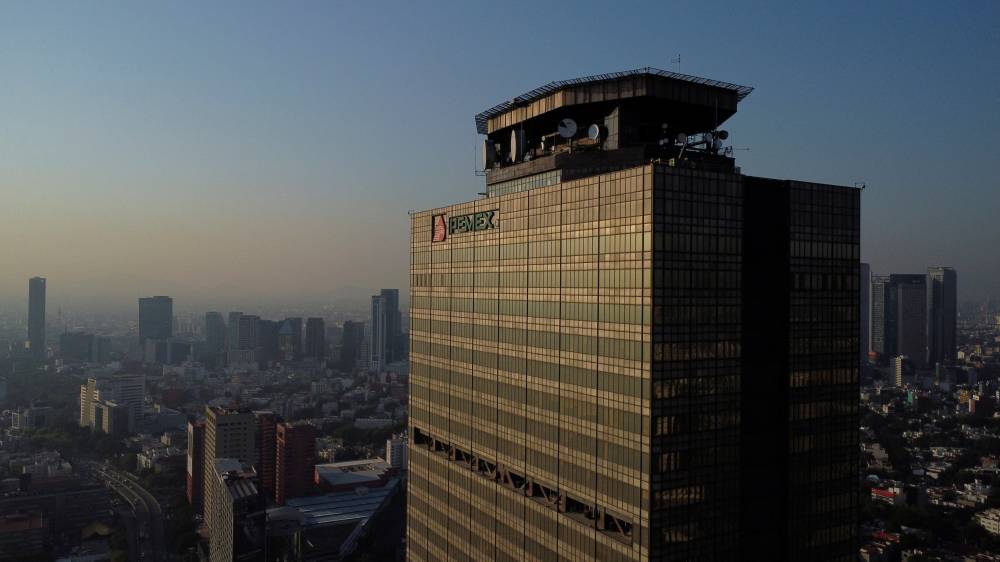How should Norway spend its cash? Solve global problems, says citizen panel

OSLO—Norway’s $1.8-trillion wealth fund, the world’s largest, should invest more money in sectors addressing global challenges such as climate change and health and accept it may get lower returns on these investments, a citizens’ panel said on Tuesday.
The initiative, a nationwide consultation on what the country should do with its wealth, was the brainchild of seven nongovernmental organizations who wanted to bring into the public debate voices from society that are not usually heard.
The 56 Norwegians selected to represent the population—based on age, gender, place of residence, education and attitude towards climate change—met between January and May to create recommendations for lawmakers.
They discussed how to spend the cash from the fund, which pools state oil and gas revenue and has a current value equivalent to each man, woman and child owning $326,000.
“A specific percentage of the oil fund should be set aside for sustainable investments where we accept higher risk and lower returns to promote social and economic development in developing countries,” said the panel’s report, seen by Reuters.

Other advice included having guidelines on how the fund should be spent in times of crises, such as pandemics and wars, and having new guidelines on how the fund should be used in the national budget.
Currently up to 3 percent of the fund’s value can be used in the budget without specifying what it should be spent on.
The panel said it should be spent on “fundamental social structures” such as education, research and innovation, and not on “administrative expenses.”
Renewables
The fund should also move faster to invest the 2 percent of its value earmarked for direct stakes in renewable projects abroad, like wind and solar farms. It has spent just 0.1 percent of its value on such investments.
“The idea was that we were different people from different parts of the country. My experience is that we had all the same fundamental values,” panelist Lill Synnoeve Ludvigsen, a 17-year-old high school student, told Reuters in a phone interview from her home in Trondheim, Norway’s third-largest city.
The fund divests from companies deemed in breach of its ethical guidelines adopted by parliament.
On Sunday, it divested from Israel’s Paz Retail and Energy for supplying fuel to Israeli settlements in the occupied West Bank, as well as from Mexico’s Pemex for what it called an unacceptable risk that it is involved in corruption.
Reuters, the news and media division of Thomson Reuters, is the world’s largest multimedia news provider, reaching billions of people worldwide every day. Reuters provides business, financial, national and international news to professionals via desktop terminals, the world's media organizations, industry events and directly to consumers.

















